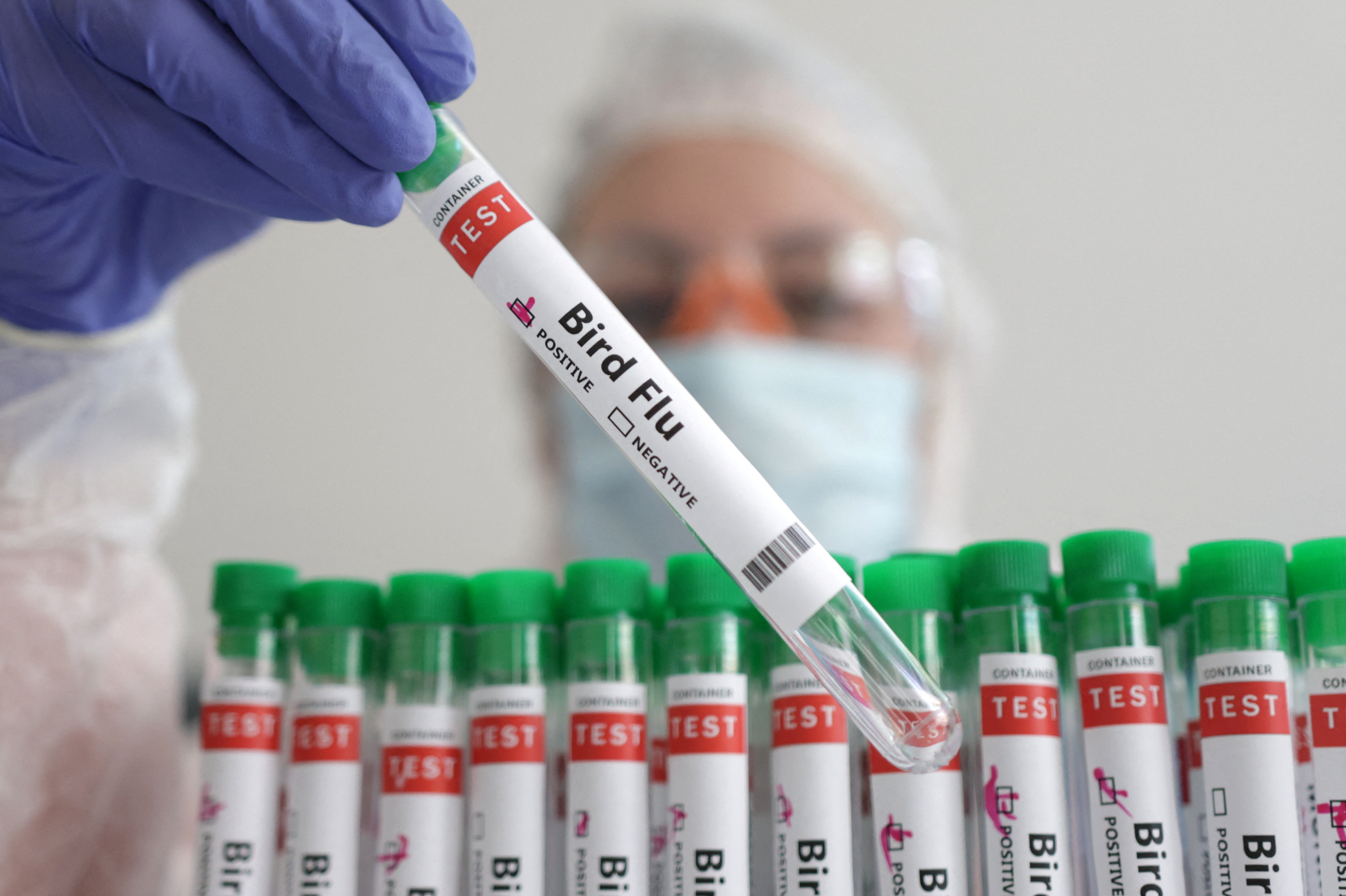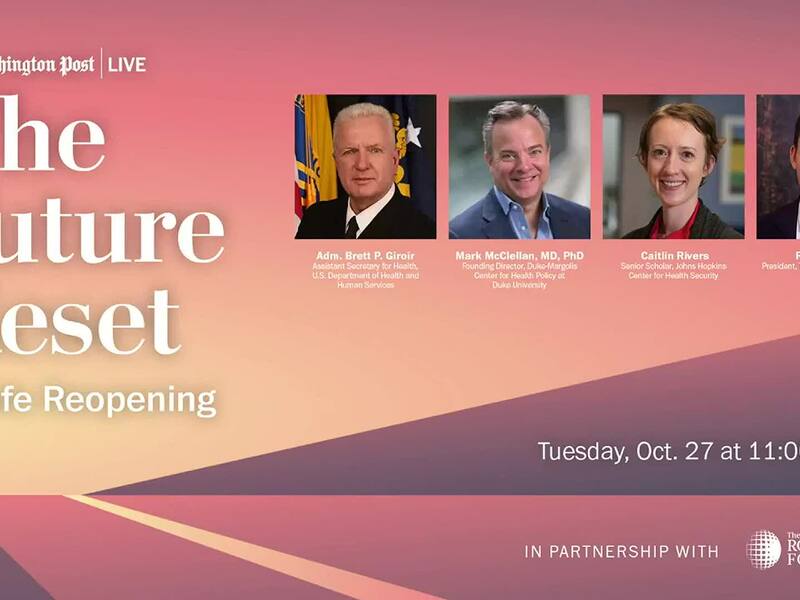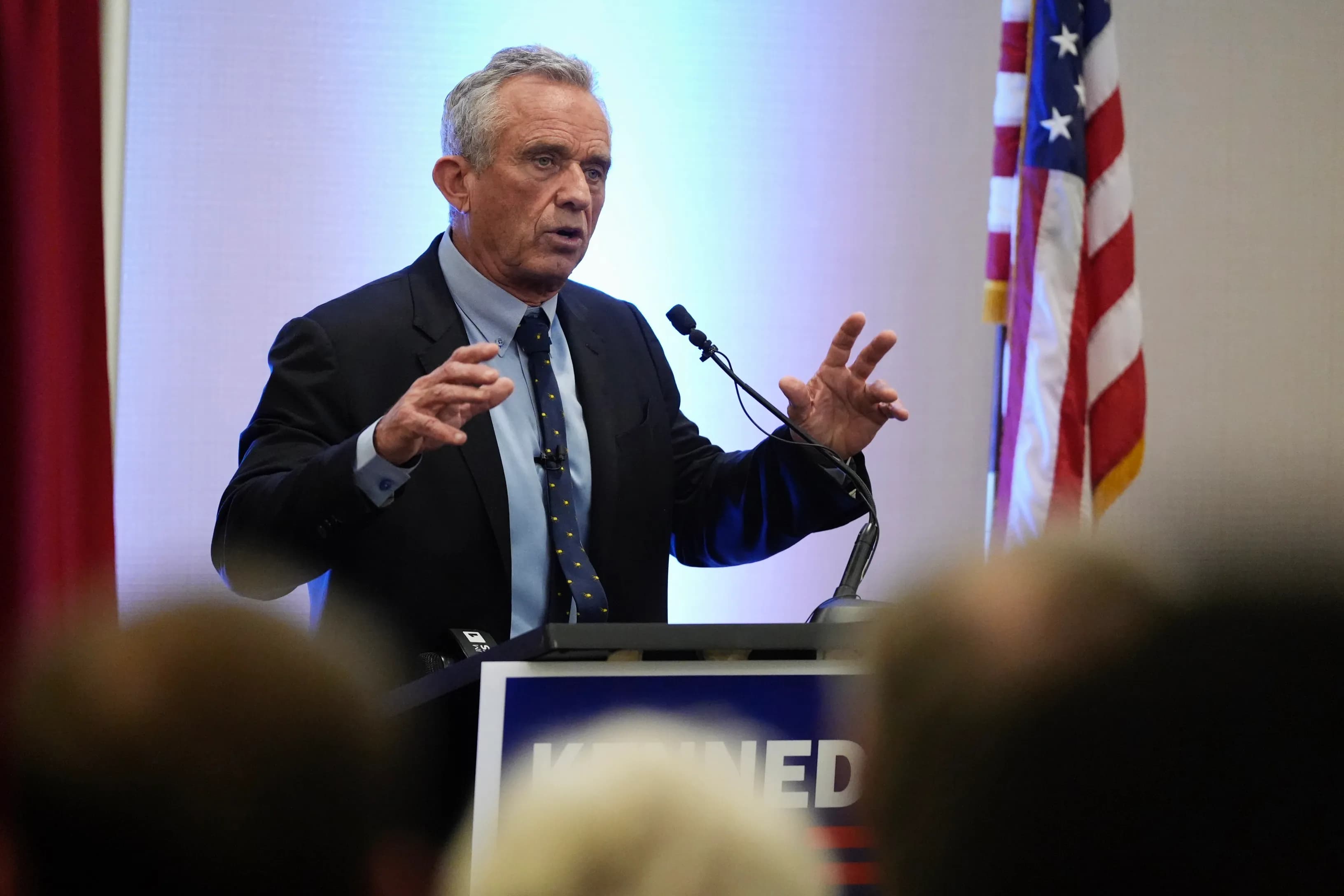RFK"s Dangerous Proposal Ignites Alarm Among Experts
In a shocking endorsement of a hands-off approach to the H5N1 bird flu virus, U.S. Health Secretary Robert F. Kennedy Jr. and Agriculture Secretary Brooke Rollins have suggested that allowing the virus to run rampant through poultry farms could yield some form of immunity among birds. This radical proposition has raised eyebrows and ignited fierce criticism from public health experts who warn that such a strategy could accelerate a new pandemic.
Experts Warn of Dire Consequences
According to a perspective piece published in Science on July 3, a collective of virologists and health security experts argue that this plan not only lacks scientific merit but also poses a significant threat to human health. Erin Sorrell, first author of the article and a virologist at the Johns Hopkins Center for Health Security, stated, "The longer you allow a virus that has shown to be effective in infecting multiple hosts survive in an environment, the greater the chance you give it to spread, to mutate, and to try its luck at adaptation." This sentiment underscores the precarious balance we maintain in controlling zoonotic diseases, which can spill over from animals to humans.
![2024-12-03] Boozman Meets with USDA Secretary Nominee Brooke ...](/api/image/articles/94660a6d-3f78-4722-aab5-392929e95907-Brooke-Rollins-USDA-office.png)
2024-12-03] Boozman Meets with USDA Secretary Nominee Brooke ...
H5N1"s Expanding Footprint
The H5N1 virus, a subtype of highly pathogenic avian influenza, has already wreaked havoc, infecting over 174 million birds across all 50 states since early 2022. The Centers for Disease Control and Prevention (CDC) has reported multiple human cases, primarily among farm workers, but emphasizes that the current risk to the general public remains low. However, experts caution that the risk assessment could change rapidly if the virus adapts to human hosts. The virus"s capability to infect over 48 mammal species, including foxes and seals, raises alarm bells about its potential to mutate and become transmissible among humans.
Financial Impact and Economic Fallout
Kennedy"s and Rollins" proposal comes amid a backdrop of rising egg prices due to massive culls of infected flocks. Implementing a strategy that allows wider spread of H5N1 could lead to the death of billions of birds, further destabilizing an already fragile poultry industry. Experts warn that this could not only drive prices up but also disrupt local economies and international trade due to import restrictions on U.S. poultry products. As Dr. Sorrell elaborates, "Allowing widespread infection of commercial flocks would kill billions of birds, drive poultry and egg prices up, and destabilize local economies. This is not just a public health issue; it"s an economic one, too."

US relaxes regulations for labs handling bird flu samples to ...
Current Strategies Under Scrutiny
While Kennedy"s radical suggestions gain traction among a segment of policymakers, the traditional approach of rapid culling has been deemed essential for containing the virus on farms. According to Dr. Rocio Crespo, a poultry veterinarian at North Carolina State University, the current USDA strategies effectively prevent the spread between farms. However, she warns that these measures do not adequately consider the broader ecological impacts of agricultural practices. With looming federal funding cuts, the need for comprehensive support for farmers facing outbreaks has never been more urgent.
The Call for Collaborative Action
Experts advocate for a multifaceted response to the H5N1 threat, emphasizing the need for enhanced surveillance, improved data sharing, and a collaborative approach among government agencies, veterinarians, and poultry producers. The USDA must not operate in isolation; interdisciplinary teams are essential for an effective response. The consensus is clear: we cannot afford to adopt laissez-faire attitudes toward a virus that has already shown its capacity to wreak havoc. As public health advocates, we must demand a more responsible and proactive approach to pandemic preparedness that prioritizes both human and animal health.

The Future Reset: A Safe Reopening







![[Video] Gunfire between Iraqi security forces and Sadr militias in Baghdad](/_next/image?url=%2Fapi%2Fimage%2Fthumbnails%2Fthumbnail-1768343508874-4redb-thumbnail.jpg&w=3840&q=75)
